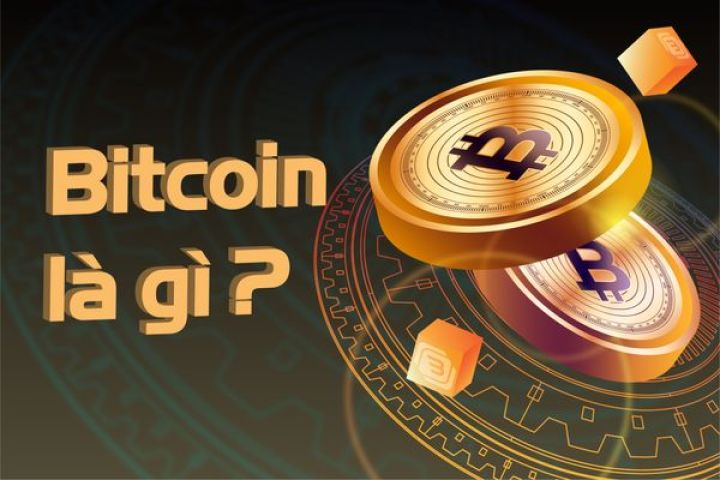1. What is SocialFi?
SocialFi, short for Social Finance, combines social media and decentralized finance. It leverages blockchain technology to create a decentralized ecosystem where users can interact, share content, and engage in financial transactions without the need for intermediaries. The primary goal of SocialFi is to empower users by giving them control over their data, privacy, and financial activities.
2. The rise of SocialFi
The rise of SocialFi can be attributed to several factors:
-
Decentralization: Users are increasingly concerned about data privacy and security on traditional social media platforms. SocialFi offers a decentralized alternative where users have control over their data.
-
Monetization: SocialFi platforms enable content creators to monetize their content directly, without relying on ad revenue or third-party platforms.
-
Interoperability: By leveraging blockchain technology, SocialFi platforms can easily integrate with other decentralized applications (dApps), enhancing their functionality and user experience.
3. Top SocialFi Projects in 2024
3.1. Friend.tech - Tokenizing social interaction
Overview: Friend.tech is a decentralized social network that allows users to tokenize their online presence. By creating and trading personal tokens, users can monetize their social interactions and build a community around their personal brand.
Key features:
-
Tokenized social profiles: Users can create tokens representing their online persona and trade them on the platform.
-
Decentralized governance: The community has a say in the platform's development and policies through a decentralized governance model.
-
Interoperability: Friend.tech integrates with various DeFi platforms, allowing users to utilize their tokens in different financial applications.
Why it stands out: Friend.tech's unique approach to tokenizing social profiles and its strong focus on community governance make it a standout in the SocialFi space.
2. DeSo (Decentralized Social) - Building social media infrastructure
Overview: DeSo aims to provide the underlying infrastructure for decentralized social media platforms. By offering a scalable blockchain specifically designed for social media applications, DeSo enables developers to build decentralized apps (dApps) that are fast, secure, and user-friendly.
Key features:
-
Scalability: DeSo is built to handle the high transaction volumes typical of social media platforms.
-
Developer-friendly: The platform provides tools and resources for developers to create and launch their own SocialFi dApps.
-
User ownership: Users maintain control over their data and content, with the ability to monetize their social interactions.
Why it stands out: By focusing on infrastructure, DeSo plays a crucial role in the broader adoption of SocialFi. It empowers developers to create innovative social media platforms, paving the way for a new era of decentralized social interaction.
3.3. Farcaster - Decentralized social networking
Overview: Farcaster is a decentralized social network designed to offer users complete control over their data and interactions. Unlike traditional social media platforms, Farcaster leverages blockchain technology to ensure that user data is secure, private, and not subject to centralized control.
Key features:
-
User control: Farcaster allows users to own their data and control their interactions without intermediaries.
-
Interoperability: The platform supports interoperability with other decentralized applications, enhancing user experience and engagement.
-
Decentralized governance: Farcaster is governed by its community, ensuring that decisions are made democratically.
Why it stands out: Farcaster's focus on user control and data privacy addresses significant concerns with traditional social media platforms. By eliminating intermediaries, it provides a more transparent and secure environment for social interactions, promoting trust and user engagement.
3.4. Lenster (Lens Protocol) - A protocol for decentralized social networks
Overview: Lenster, built on the Lens Protocol, is a decentralized social media platform that allows users to create, share, and monetize content. The Lens Protocol aims to provide the infrastructure for a variety of decentralized social networks, enabling users to interact across different platforms seamlessly.
Key features:
-
Content monetization: Lenster allows content creators to monetize their posts through native tokens.
-
Cross-platform interaction: The Lens Protocol enables users to interact across multiple decentralized social networks.
-
User-owned data: Users have complete ownership of their data and content, ensuring privacy and control.
Why it stands out: Lenster's integration with the Lens Protocol provides a robust infrastructure for decentralized social media. By facilitating cross-platform interactions and content monetization, it empowers users and content creators, offering new opportunities for engagement and earning.
3.5. Audius - Decentralizing music streaming
Overview: Audius is a decentralized music streaming platform that aims to give artists control over their music and earnings. By leveraging blockchain technology, Audius ensures that artists receive a fair share of revenue and have direct access to their audience.
Key features:
-
Artist control: Artists retain full ownership of their music and receive a larger share of the revenue generated.
-
Decentralized streaming: The platform operates on a decentralized network, ensuring transparency and fairness.
-
Community governance: Audius is governed by its community through its native token, $AUDIO.
Why it stands out: Audius revolutionizes the music industry by decentralizing music streaming and giving artists more control over their work. This model challenges traditional music streaming platforms and promotes a fairer distribution of revenue.
3.6. CyberConnect - Decentralizing social graphs
Overview: CyberConnect is a decentralized social graph protocol that aims to empower users by giving them control over their social connections and interactions. It enables users to build and manage their social graphs on a decentralized network, providing a more transparent and user-centric social media experience.
Key features:
-
Decentralized social graphs: Users can create and manage their social connections on a decentralized network.
-
Data ownership: Users have full ownership and control over their social data.
-
Interoperability: CyberConnect supports interoperability with other decentralized applications, enhancing the user experience.
Why it stands out: By decentralizing social graphs, CyberConnect addresses the issues of data privacy and ownership prevalent in traditional social media platforms. It provides users with greater control over their social interactions and data, promoting a more user-centric and secure social media ecosystem.
4. The future of SocialFi
The future of SocialFi looks promising as more projects and platforms continue to emerge. Here are some trends to watch for in 2024 and beyond:
-
Increased adoption: As awareness of SocialFi grows, more users will likely migrate from traditional social media platforms to decentralized alternatives.
-
Enhanced interoperability: SocialFi platforms will continue to improve their interoperability with other blockchain-based applications, creating a more integrated ecosystem.
-
Regulatory developments: As SocialFi gains traction, regulatory bodies may introduce new guidelines to govern the space, ensuring user protection and platform accountability.
-
Innovation in monetization: New and innovative ways for users to monetize their social interactions and content will continue to emerge, driving further adoption of SocialFi platforms.
5. Conclusion
SocialFi represents a significant shift in the way we interact with social media and financial services. By leveraging blockchain technology, SocialFi platforms offer users greater control over their data, privacy, and financial activities. The top SocialFi projects in 2024, including Friend.tech, DeSo, BitClout, Chingari, Audius, and Minds are at the forefront of this revolution, providing innovative solutions that empower users and create new opportunities for content creation and monetization.
Read more:


 Tiếng Việt
Tiếng Việt.jpg)
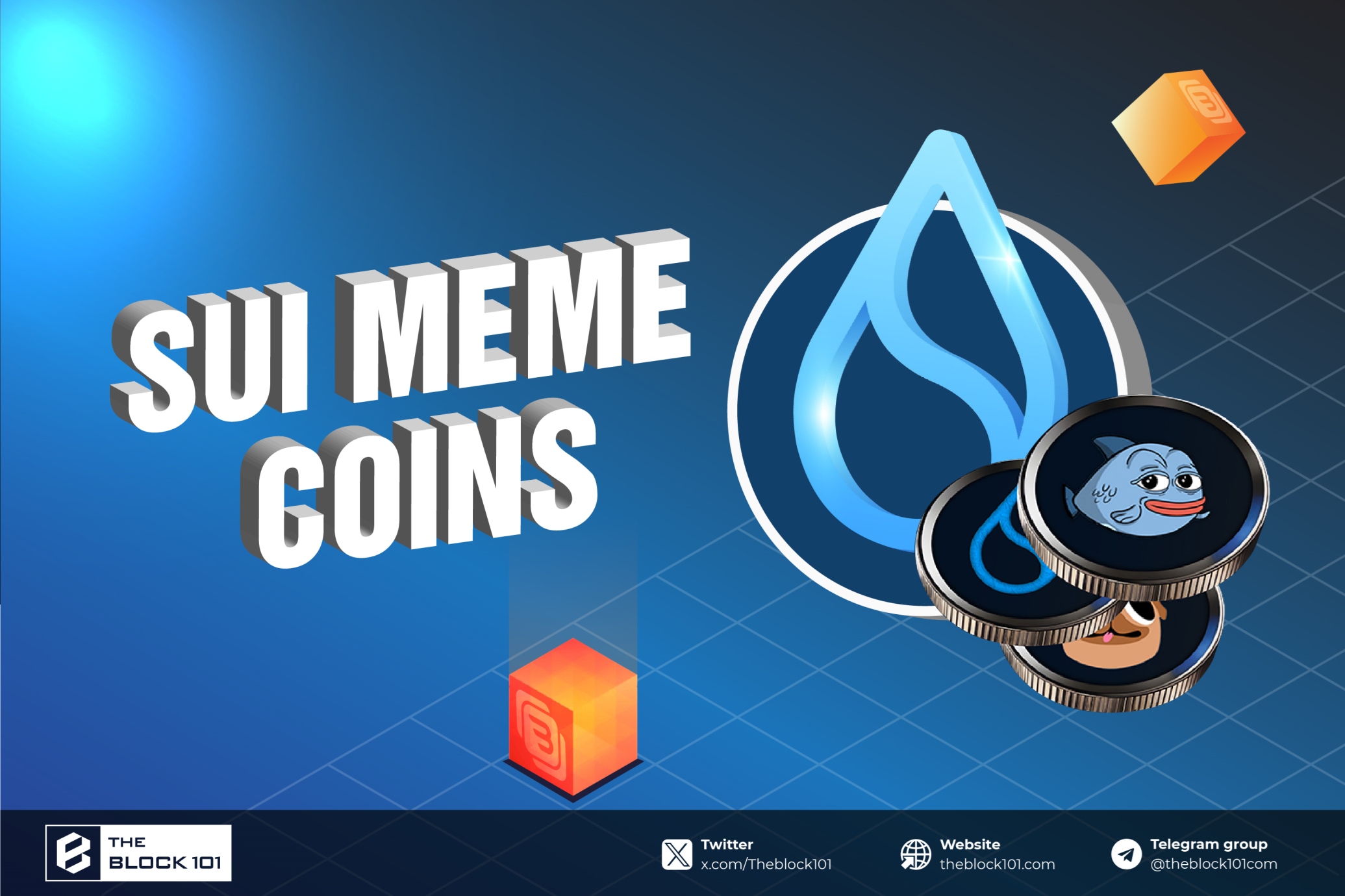
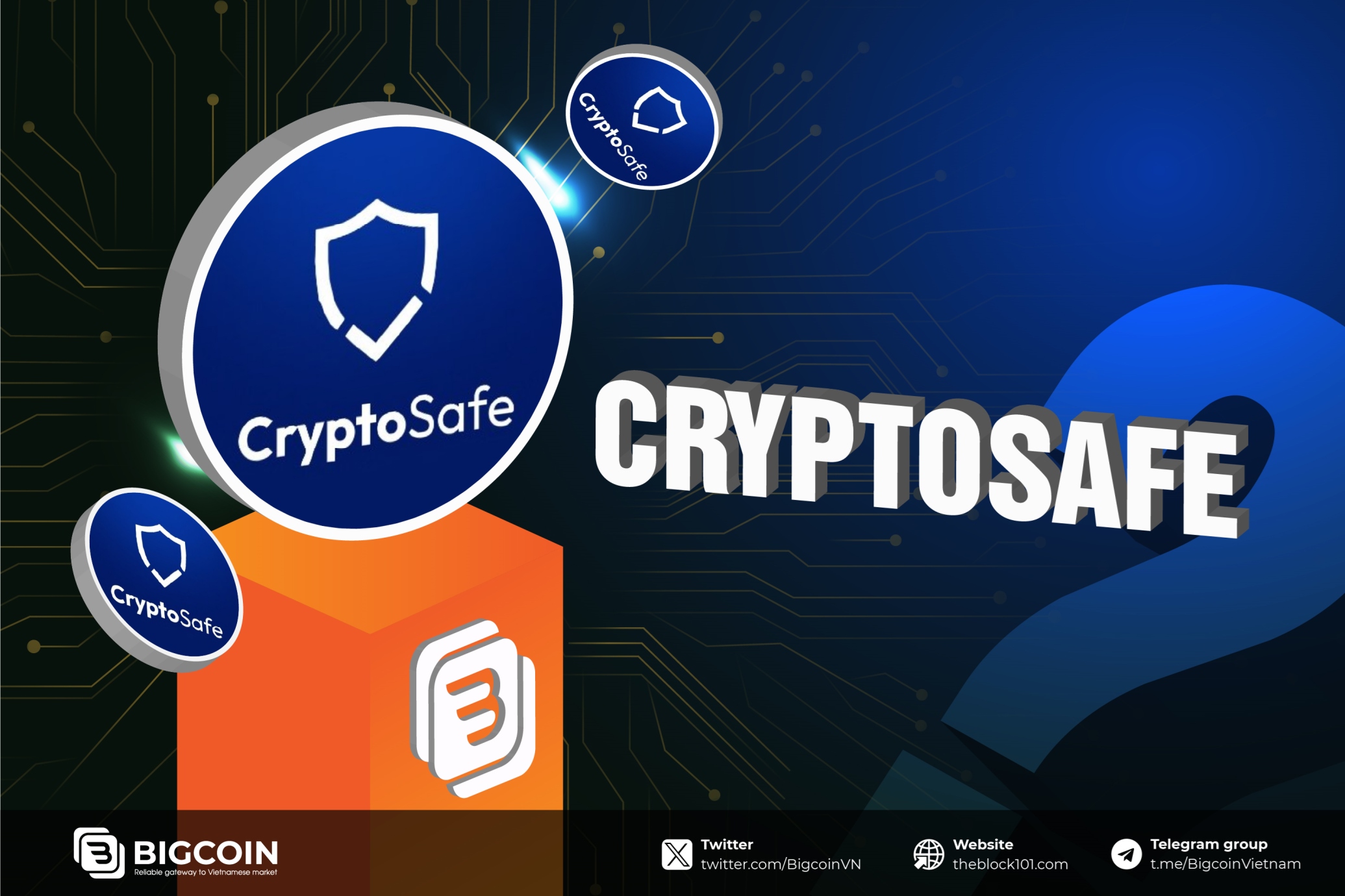
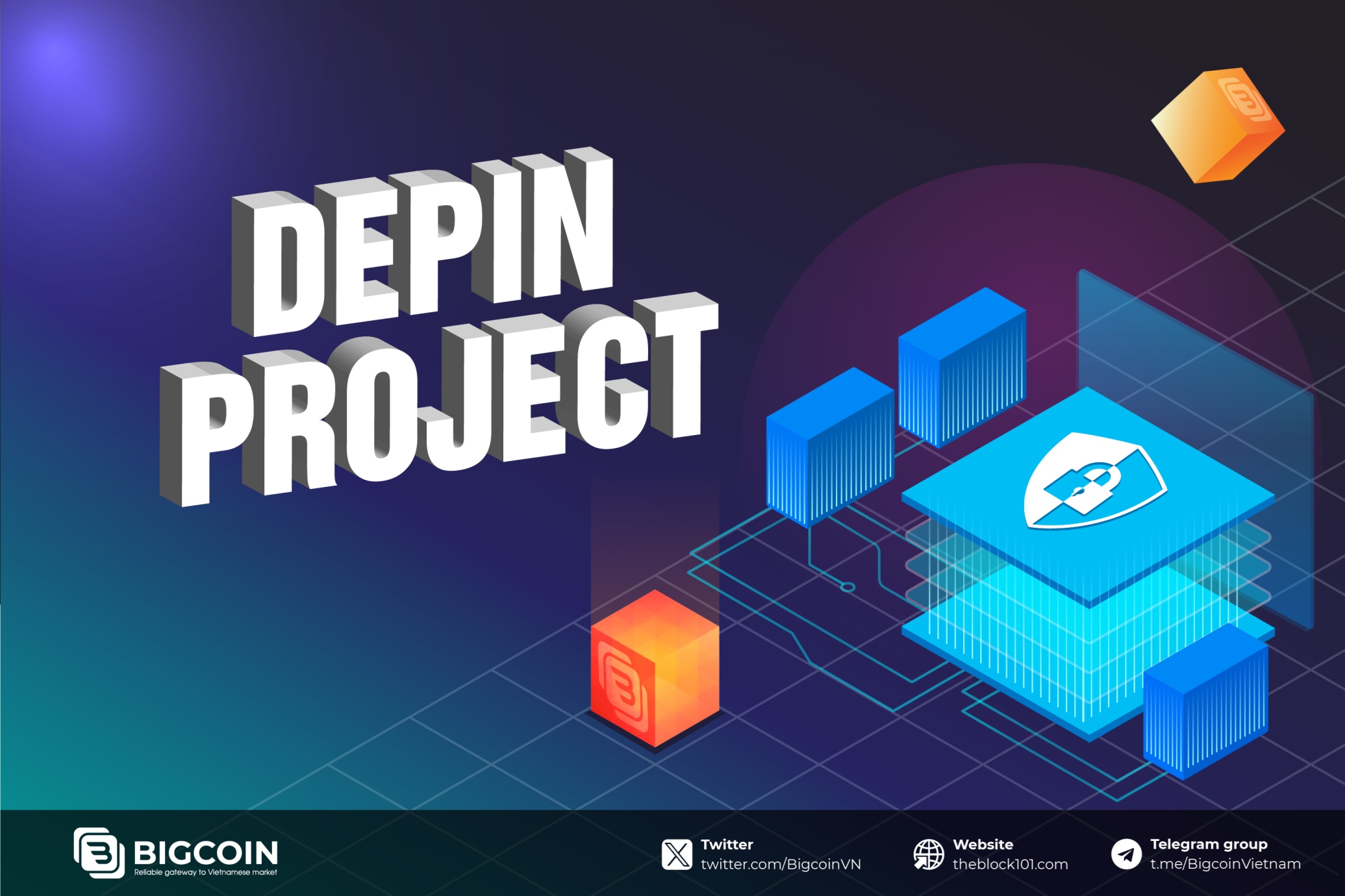
.jpg)
.jpg)
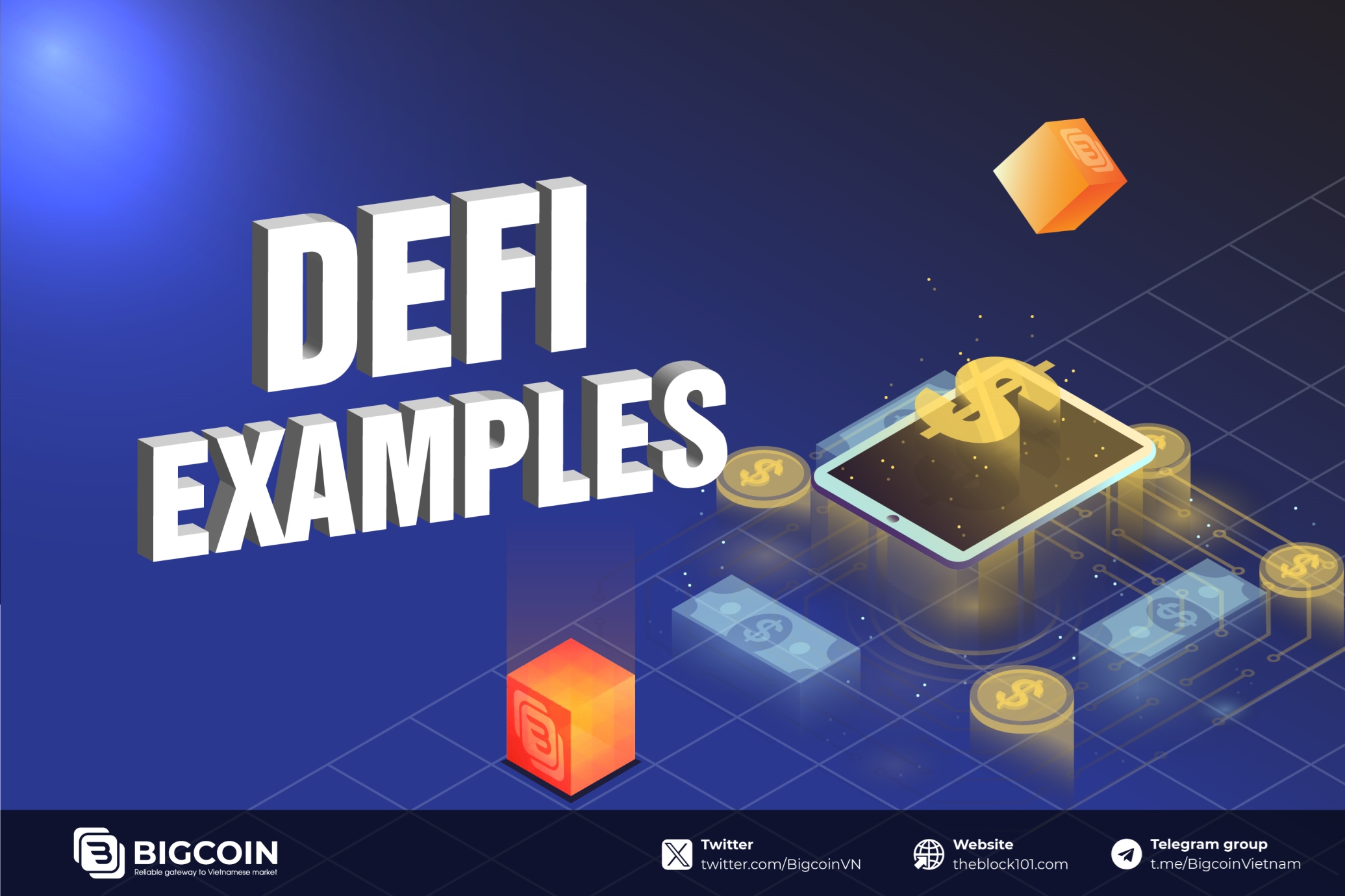
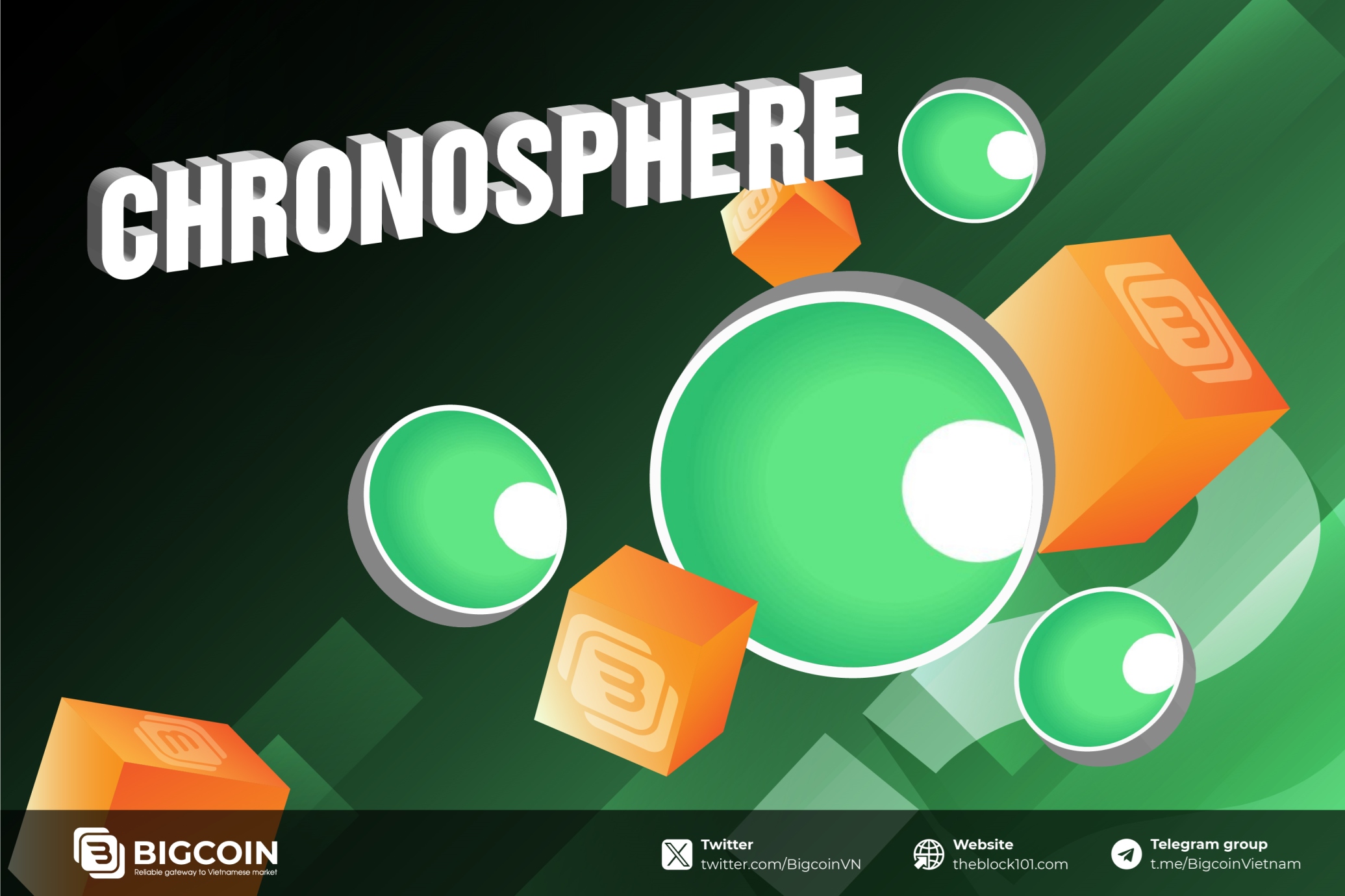
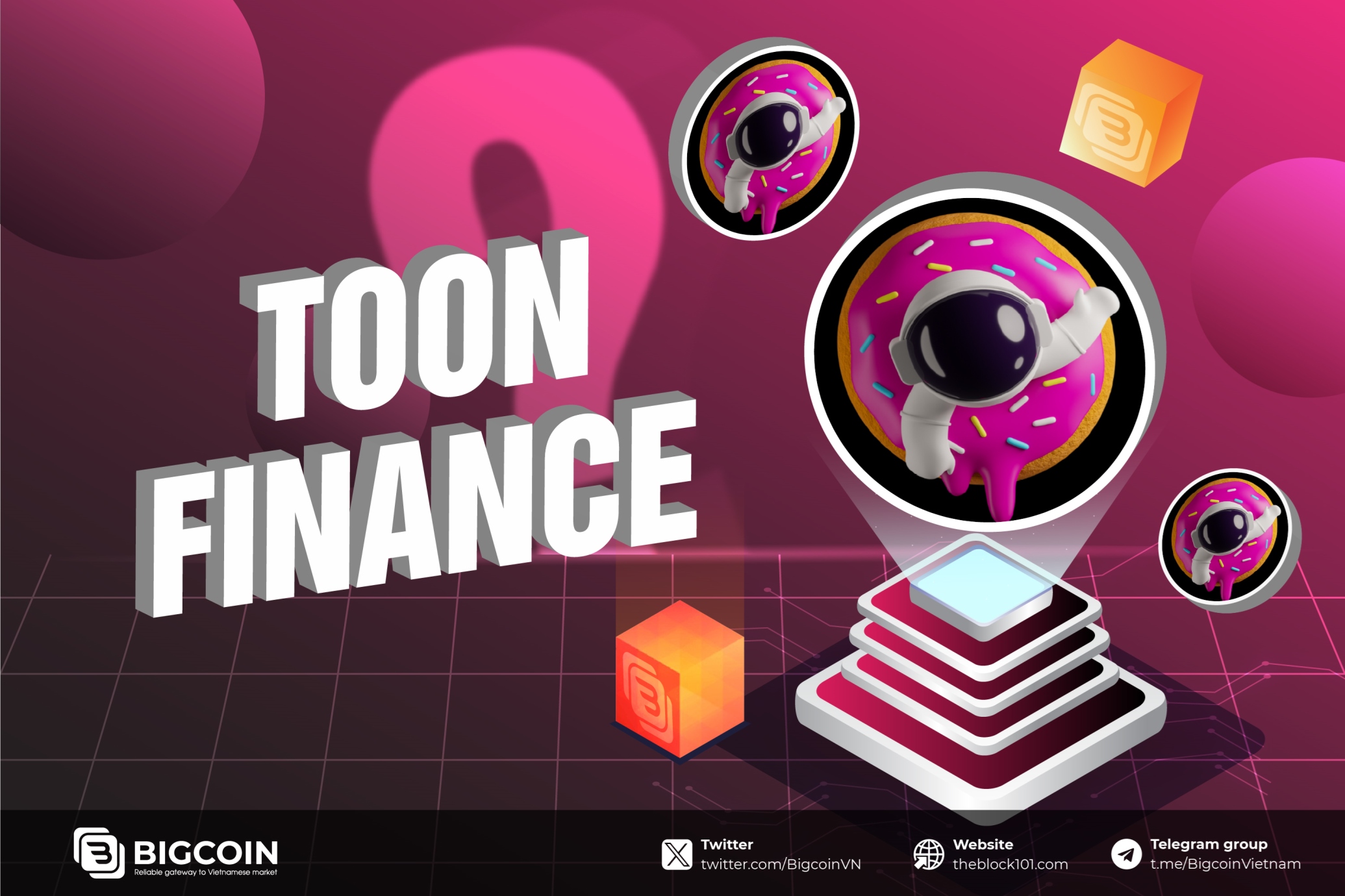
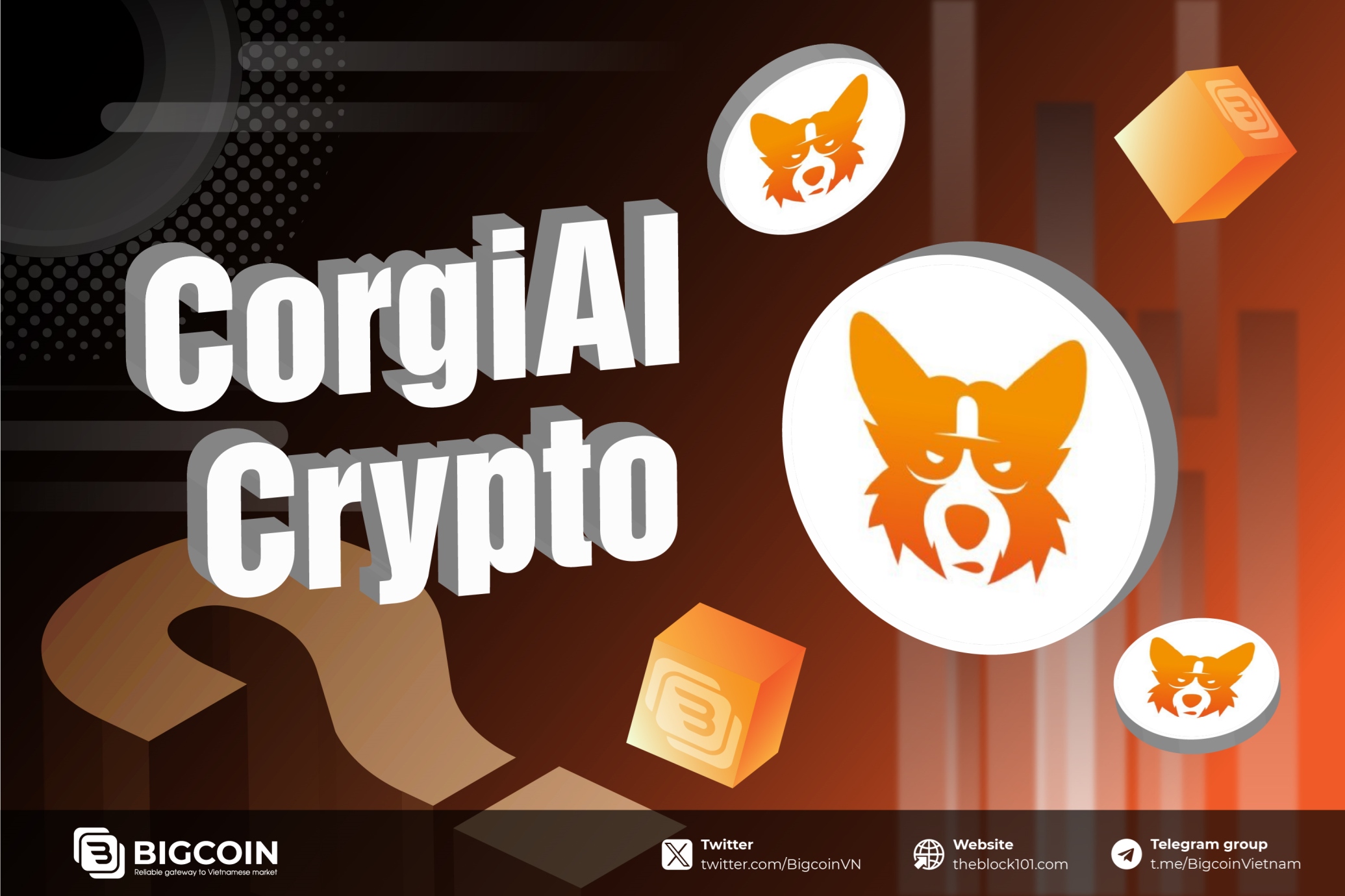
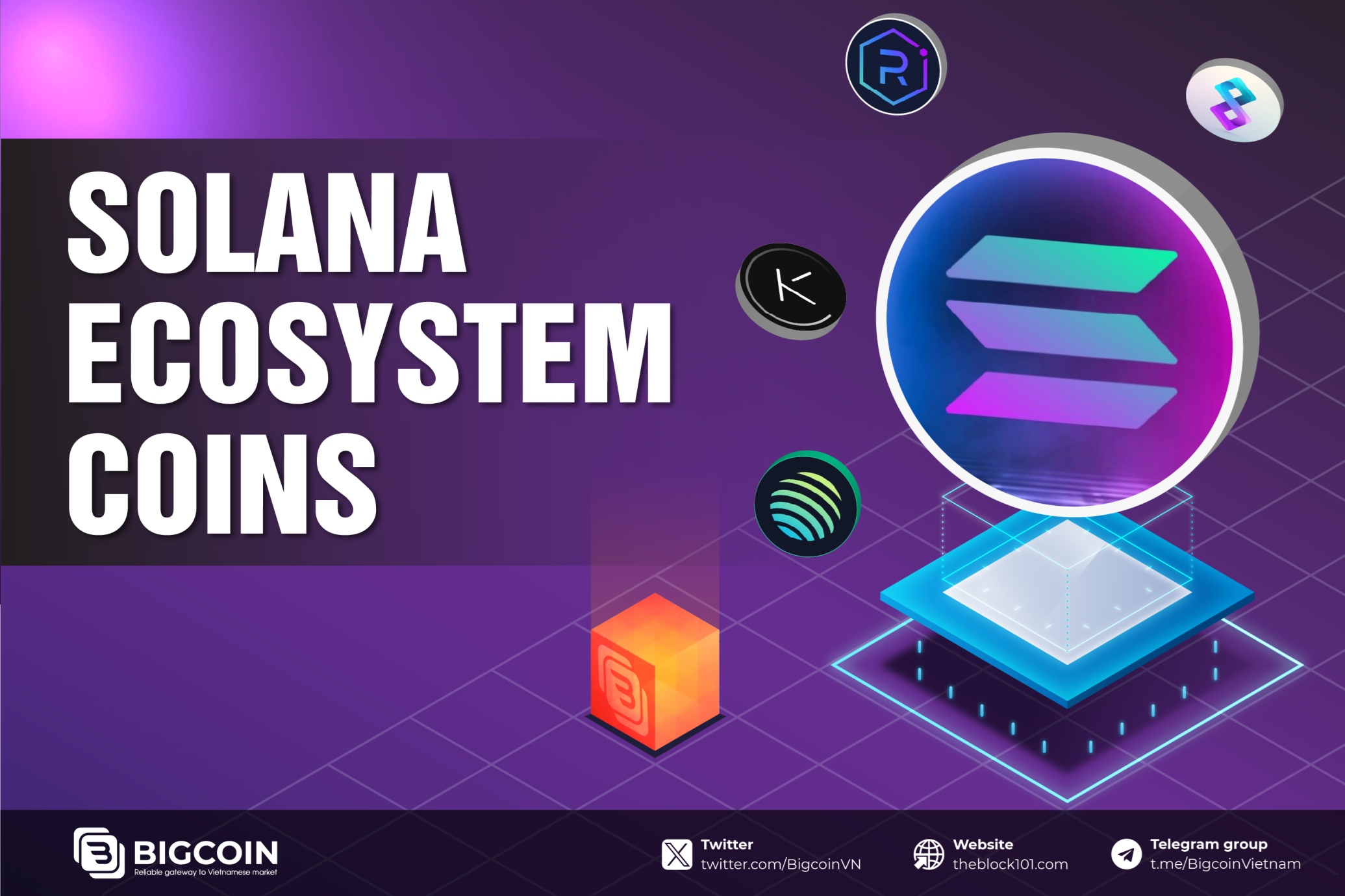
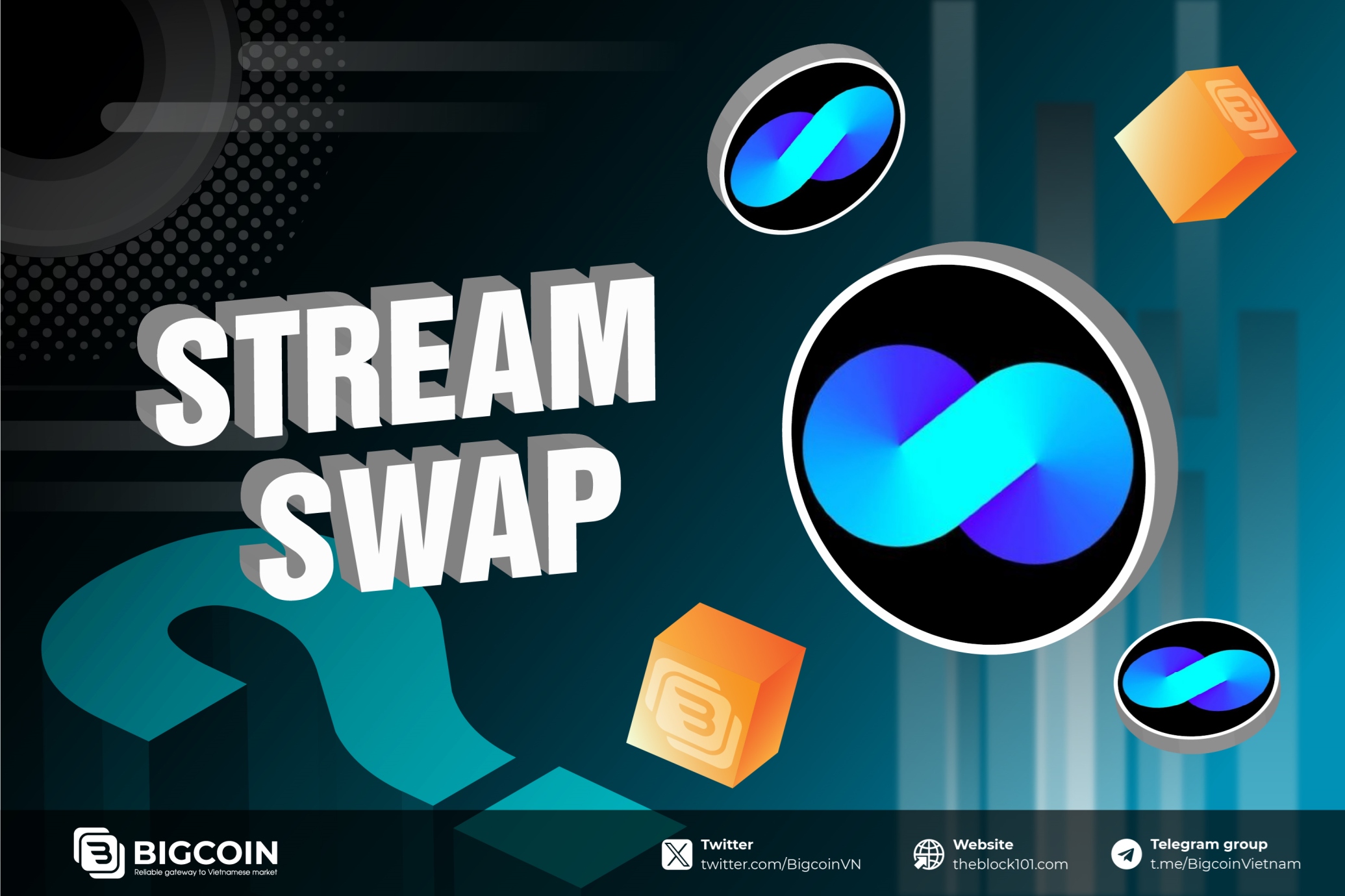
.png)



